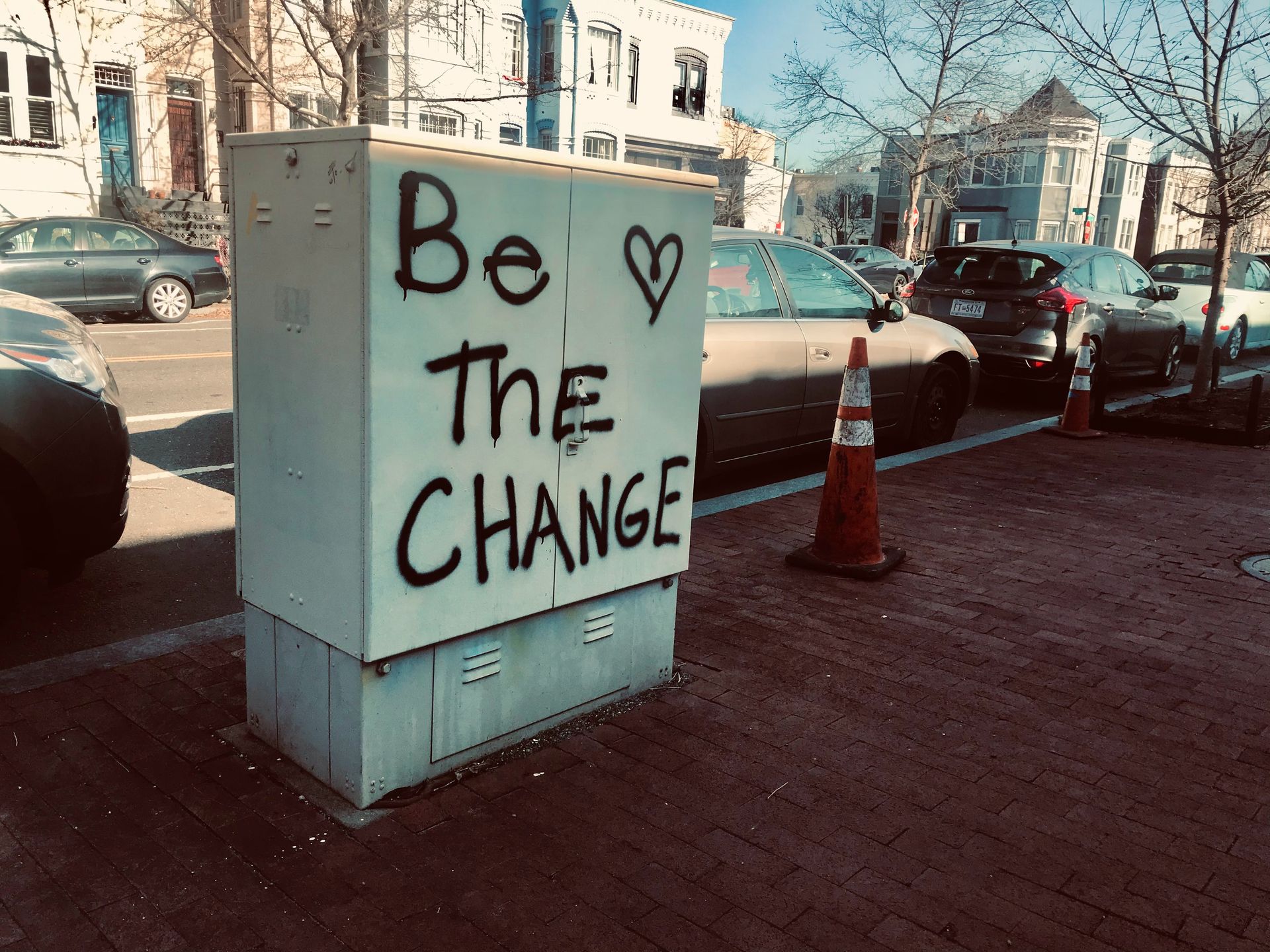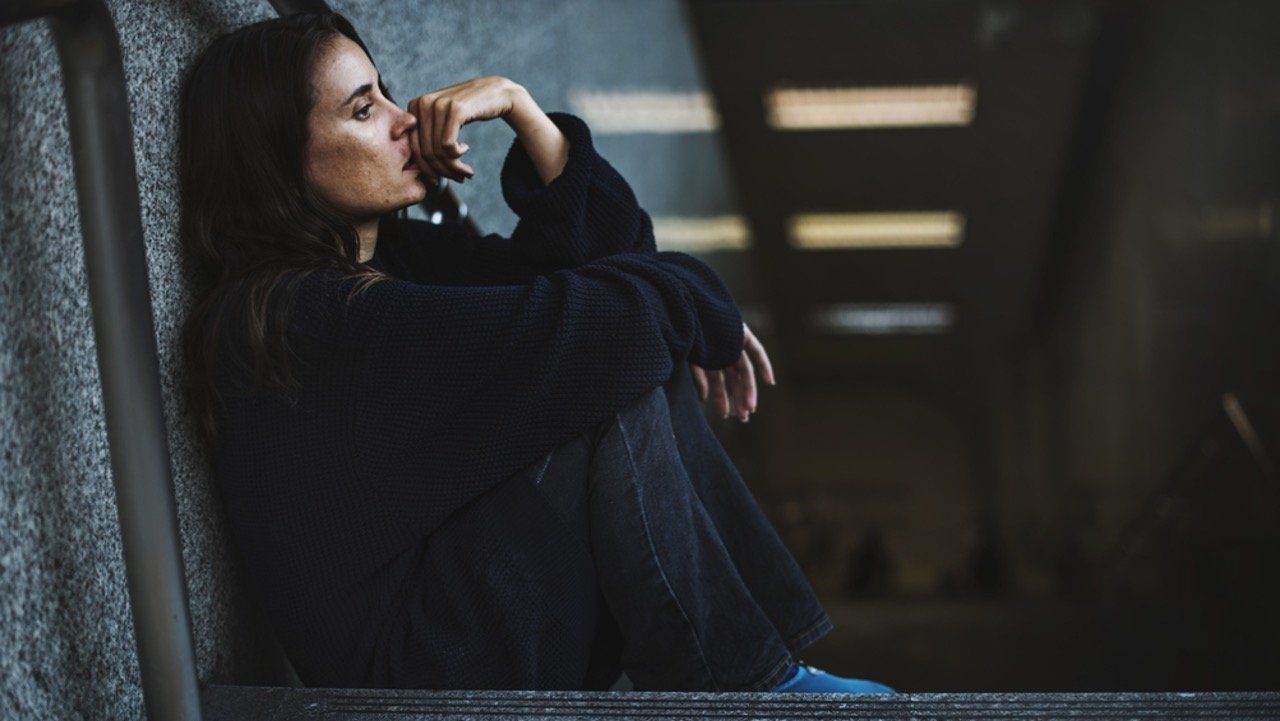#InternationalWomensDay 2021
Emma Williamson
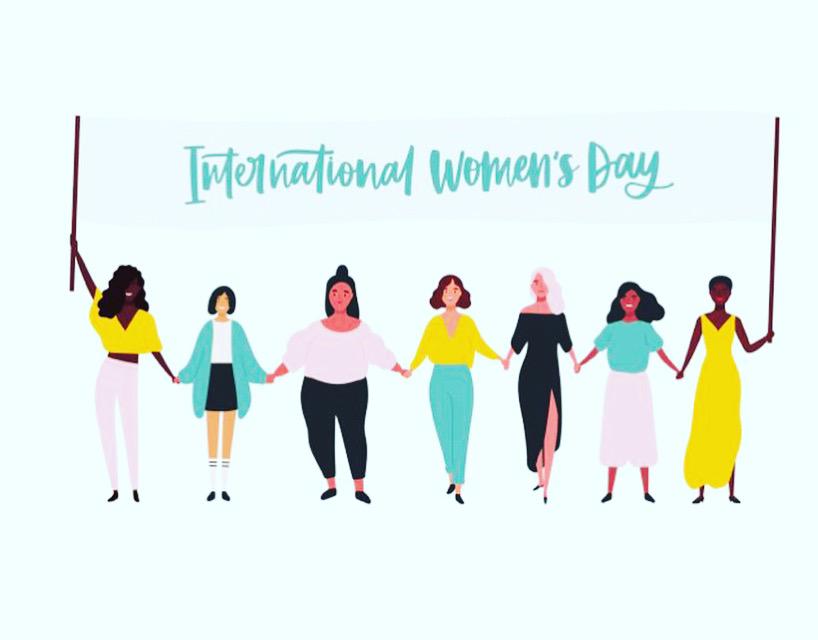
International Womens Day – March 8, 2021
Today (8th March) marks International Womens Day and this year’s theme is: Choose To Challenge.
At aneemo, we #ChooseToChallenge
by highlighting Womens experiences and understand why it's so important to address the specific support needs of women experiencing multiple disadvantage.
But why is this so important within the health and social sector?
Women’s experiences of violence and abuse are inherently different from men because of the way that our society is set up. This isn’t to dismiss men’s experiences of violence and abuse but there are differences.
For women experiencing multiple disadvantage, access of services within the Health and Social sector is also different to men, however, in the opposite direction, with generally significantly lower uptake and greater difficulties in engagement.
Our Working with Women Experiencing Complex Needs
online course will increase your understanding of these differences and outline some approaches for working with women as well as how services can adapt to meet their needs.
When an individual is born as a female, they are born into a society structured by inequalities. They are more likely to be poor, especially if they are a lone parent or elderly, and some groups of women are much more likely to be poor than others. For example, the All Party Parliamentary Group reports that ethnic minority women are particularly likely to be unemployed, with 20.5%
of Pakistani and Bangladeshi women being unemployed compared to 6.8%
of white women, and 17.7%
of Black women also being unemployed. Poverty also makes it more likely that you will experience violence and abuse, and this is even more so for women.
Women in poverty are more than twice as likely to experience almost every kind of abuse and violence as women not in poverty, and the fewer resources available to them make it harder to escape perpetrators of abuse.
Women who experience physical violence from a partner are much more vulnerable to anxiety and depression if they are also dealing with poverty. Experiencing both abuse and poverty is associated with the poorest outcomes, and women who experience both are likely to face multiple other adversities throughout their lifespan, such as homelessness, being in local authority care, substance use.
Certain types of abuse are more common with certain groups of women, for example forced marriage and honour-based violence are most common in the UK for women from South Asia and the Middle East. Women who deviate from traditional ideas of what it is to be a ‘woman’ can be judged especially harshly by family, friends, professionals, services, and by themselves. Stigma, high levels of shame and fear of judgement can then make it harder for these women to reach out for support or to trust that others will help them.
Access our CPD accredited course: Working with Women Experiencing Complex Needs.
All modules will include video tutorials from leading experts, downloadable tools, materials and links to further reading, quizzes and assessments to chart progress and CPD accreditation upon completion.
Use coupon code IWD2020 at checkout for a 10% discount.
From challenge comes change, so let's all #ChooseToChallenge.
#ChooseToChallenge #internationalwomensday #multipledisadvantage #onlinelearning

As January draws to a close, many people who embraced Dry January are beginning to reflect on the experience. For some, it’s been a chance to reset habits, explore healthier routines, and notice the benefits of change. For others, it might have sparked a realisation about the challenges of maintaining those changes longer-term.

Health and social care staff commonly tell us that supporting individuals who have a history of offending presents unique challenges. These challenges stem from the complex systems as well as multiple needs that often accompany a history of offending. It is well documented that people in contact with the criminal justice system can have high levels of mental health and substance use difficulties, histories of trauma and adversity, homelessness, and experience barriers in social inclusion. Individuals may also struggle with accessing education, employment, and stable housing, creating a cycle that can be difficult to break.
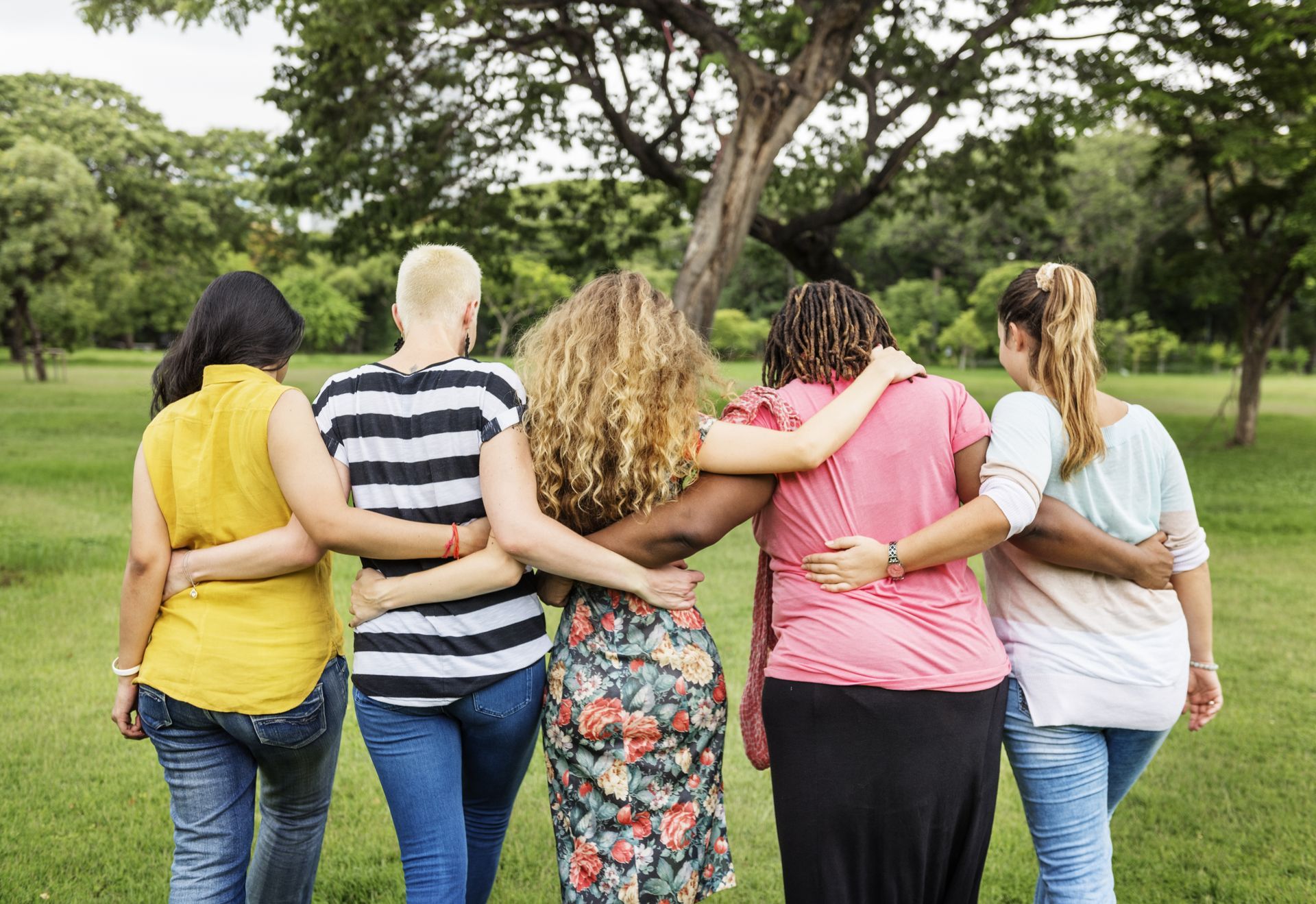
As year end approaches we've been reflecting on everything we've achieved and been part of at aneemo HQ. It's been a busy 12 months, from new course launches to bespoke training programmes and exciting new partnerships. We've picked out our top 10 favourite highlights below - thank you to everyone involved in making it another inspiring and jam-packed year!
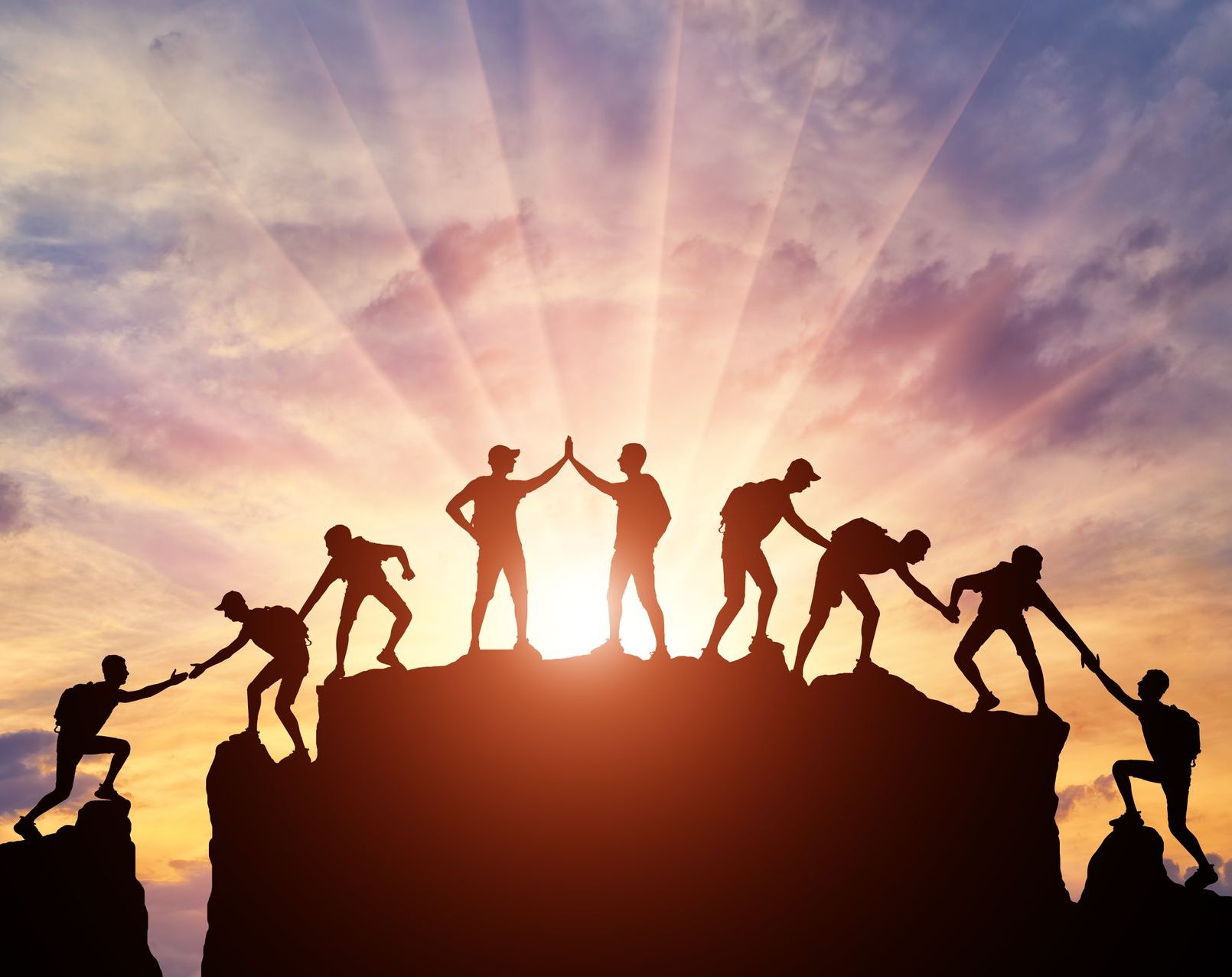
This years’ 10th of October marks an important day in highlighting and raising awareness of how a community can comprehensively support its members. Not only does World Mental Health Day fall upon this day, but the date is shared with the recognition of World Homeless Day also. The 10th of October therefore creates a powerful and special opportunity for open and critical discussion into how we, as a society, can best support those who are struggling and effectively drive political change to support those facing multiple disadvantages.
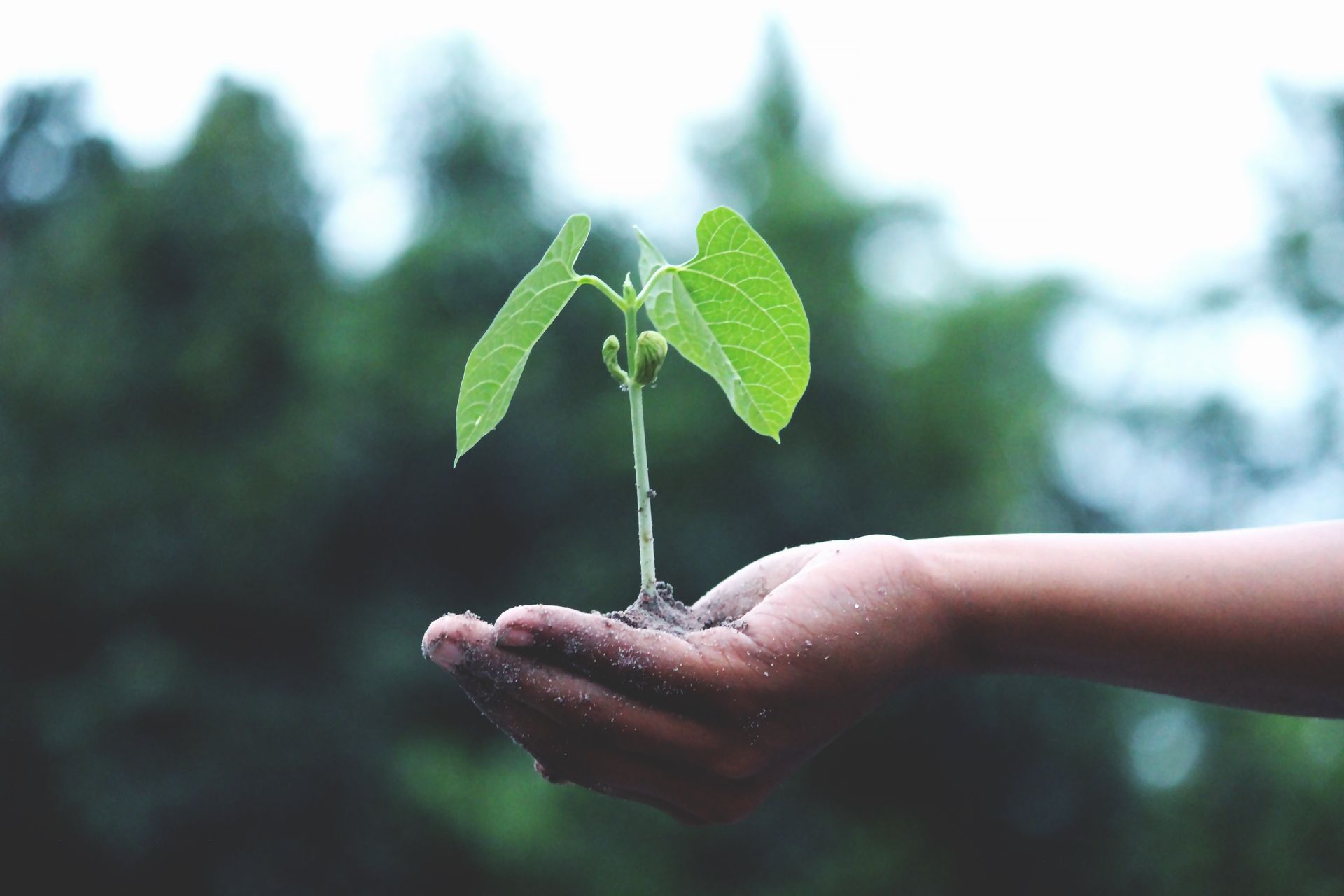
Aneemo is pleased to be working in partnership with Westminster City Council and Groundswell to develop a three tiered PIE training programme, launching in early 2023 . Funded for three years by the DLUCH Rough Sleeping Innovation grant, each level of the programme supports Westminster City Councils drive to create a Psychologically Informed and Trauma Informed supportive community model and cross-sector, borough-wide intervention.
